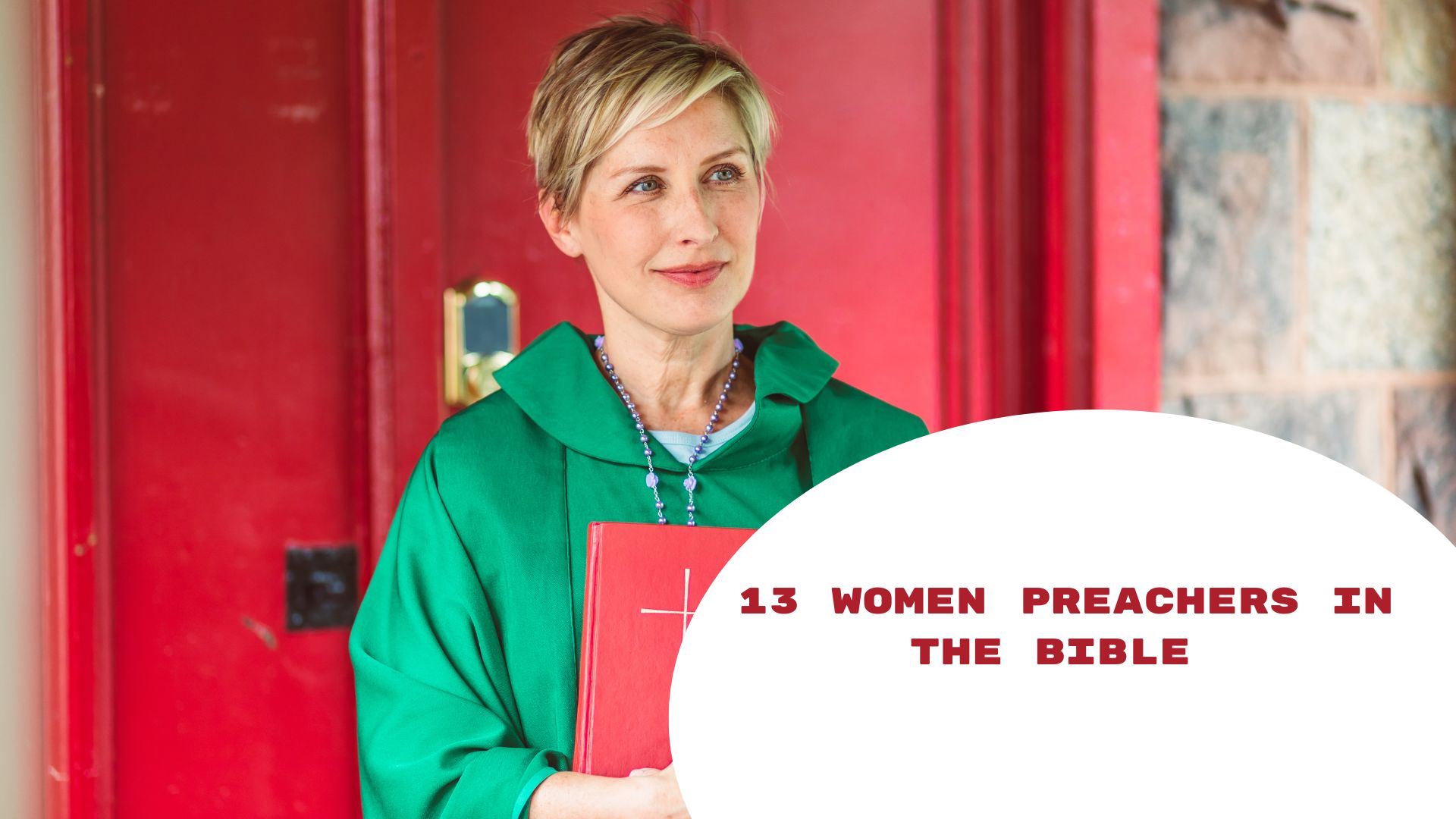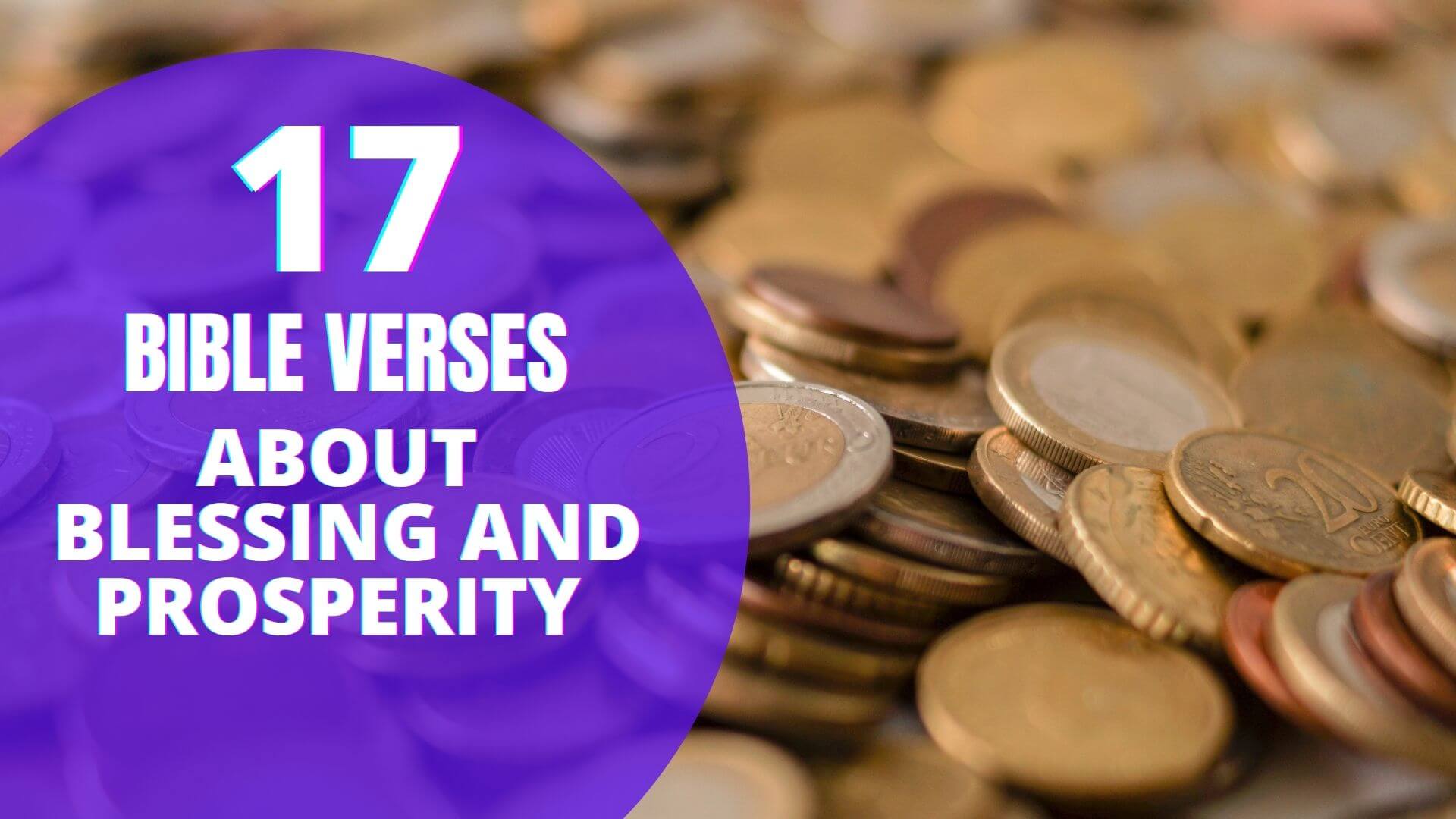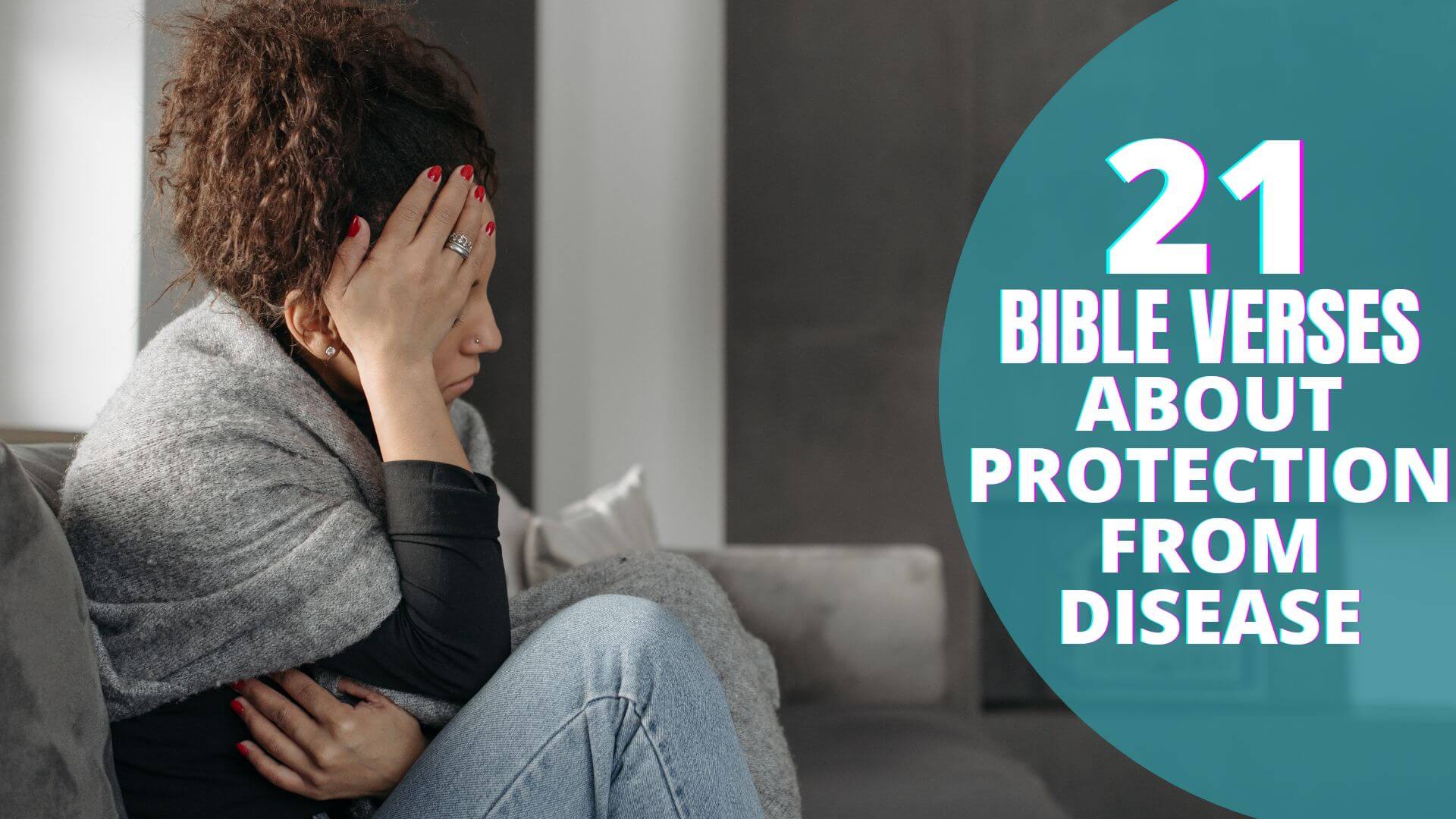Throughout history, women have played vital roles in shaping religious beliefs and practices.
In the Bible, there are numerous instances of women who not only served as strong leaders but also acted as preachers, sharing God’s message with others.
Despite societal norms and cultural limitations, these remarkable women defied conventions and became influential figures in their communities.
This article explores 13 women preachers in the Bible, highlighting their significance and contributions to the spiritual landscape.
Women Preachers In The Bible
By highlighting the stories of these women preachers, we hope to shed light on their importance, unravel their significance, and recognize the crucial role they played in the spiritual development of the biblical narrative.
Their stories not only inspire us but also remind us that God’s call to proclaim His message transcends gender, empowering all believers to boldly share the Gospel and impact the world around them.
1. Miriam
Miriam, the sister of Moses and Aaron, is one of the earliest recorded women preachers in the Bible.
She led the Israelites in worship and praise after crossing the Red Sea, proclaiming God’s deliverance and mighty acts.
Through her preaching, Miriam instilled faith and hope in her people, demonstrating the power of God to inspire and guide.
2. Deborah
Deborah, a prophetess and judge in Israel, held a prominent leadership role during a critical period in biblical history.
Her preaching skills were evident as she guided and advised the people, settling disputes and imparting wisdom.
Deborah’s prophetic utterances, recorded in the book of Judges, served as divine instructions for military strategy and reinforced the importance of faithfulness to God.
3. Huldah
Huldah, another notable female prophetess, emerged during the reign of King Josiah. When the book of the Law was discovered in the temple, Huldah was consulted for interpretation.
Her authoritative preaching affirmed the importance of obedience to God’s commands and played a pivotal role in initiating religious reforms in Judah.
4. Esther
Esther, a Jewish queen in Persia, demonstrated immense courage by approaching King Xerxes to save her people from destruction.
Although not explicitly mentioned as a preacher, Esther’s actions and words reflect her role as a spiritual leader, urging her people to fast and seek God’s intervention.
Her persuasive preaching ultimately led to the deliverance of the Jews from their enemies.
5. Anna
Anna, a prophetess in the temple during the time of Jesus’ birth, is a testament to the continuity of God’s promise throughout history.
Her preaching highlighted the significance of the Messiah’s arrival, and she became one of the first to proclaim Jesus as the redeemer to all who awaited the redemption of Israel.
6. Mary Magdalene
Mary Magdalene, often referred to as a follower and witness of Jesus’ resurrection, played a vital role in spreading the Gospel message.
After encountering the risen Christ, she became the first person to share the news of His resurrection with the disciples.
Mary Magdalene’s preaching established her as an influential apostle of Jesus, exemplifying the transformative power of encountering the living Christ.
7. Priscilla
Priscilla, alongside her husband Aquila, demonstrated a shared commitment to the preaching of the Gospel.
They played a significant role in mentoring Apollos, a gifted preacher, and provided him with a more accurate understanding of the Christian faith.
Priscilla’s involvement highlights the egalitarian nature of the early Christian community, where women actively participated in spreading the teachings of Christ.
8. Phoebe
Phoebe, a deaconess from the church in Cenchreae, is commended by the Apostle Paul for her faithful service and support of many, including himself.
Though not explicitly identified as a preacher, her role as a minister and emissary of the early church undoubtedly involved proclaiming the Gospel message to those she encountered.
9. Junia
Junia, mentioned by Paul in his letter to the Romans, is recognized as a prominent apostle among the early Christian community.
Her inclusion among the apostles highlights her significant role as a preacher and messenger of the Gospel.
Junia’s ministry serves as a powerful example of the equality of women in spreading the message of salvation.
10. Lydia
Lydia, a businesswoman from Thyatira, became one of the first converts in Philippi after hearing the preaching of Paul.
Her hospitality and commitment to the early church were evident as she opened her home for worship and fellowship.
Lydia’s testimony and preaching played a crucial role in establishing the Christian community in Philippi.
11. Priscilla and Aquila’s Daughters
Although their names are not mentioned, Priscilla and Aquila’s daughters are acknowledged for their involvement in ministry.
The fact that Paul identifies them as fellow workers in Christ suggests that they too participated in preaching and teaching.
Their presence underscores the multi-generational influence of women in spreading the message of Christ.
12. Dorcas
Dorcas, also known as Tabitha, was known for her acts of charity and compassion. After her untimely death, she was brought back to life through the prayers of the Apostle Peter.
Dorcas’ resurrection served as a powerful testimony, leading many in Joppa to believe in the message of salvation preached by Peter.
13. Phoebe
Phoebe, mentioned in Paul’s letter to the Romans, is identified as a deaconess and servant of the church in Cenchreae.
As a trusted emissary, she carried Paul’s letter to the Romans and potentially provided explanations and teachings on its contents.
Phoebe’s role as a minister and her involvement in the transmission of Scripture demonstrate the significant impact women had in shaping early Christian communities.
IS It A Sin For Women To Preach?
No its not a sin for a woman to preach. but The question of whether it is a sin for women to preach is a topic of theological interpretation and debate within different religious traditions.
Views on this issue vary among denominations and individual believers. It is important to note that my response reflects a general overview and may not capture the specific beliefs of all religious groups or individuals.
In some religious traditions, there are interpretations of certain scriptural passages that suggest limitations or restrictions on women’s roles in preaching or leadership within the church.
These interpretations often stem from verses such as 1 Timothy 2:12, where Paul writes, “I do not permit a woman to teach or to assume authority over a man; she must be quiet.” Supporters of this viewpoint argue that women should not take on the role of preaching or teaching in a formal setting, particularly when men are present.
What Does The Bible Say About Female Preachers?
The Bible provides various examples of women who served as preachers and leaders in different capacities.
While interpretations of specific passages may differ, it is important to examine some key biblical examples that shed light on the involvement of women in preaching and teaching roles:
- Deborah (Judges 4-5): Deborah served as both a prophetess and a judge in Israel. She provided guidance, settled disputes, and delivered God’s messages to the people, including military instructions. Her leadership and preaching played a crucial role in the spiritual and political life of Israel.
- Huldah (2 Kings 22:14-20): Huldah was a prophetess consulted by King Josiah and the high priest during a time of spiritual reform. Her authoritative preaching and interpretation of the Book of the Law had a significant impact on the nation’s return to God.
- Miriam (Exodus 15:20-21): Miriam, the sister of Moses and Aaron, is described as a prophetess who led the Israelites in worship and praise to God. Her preaching and songs of praise highlighted God’s deliverance and faithfulness.
- Priscilla (Acts 18:24-26; Romans 16:3-5): Priscilla, alongside her husband Aquila, played a crucial role in mentoring and instructing Apollos, a gifted preacher. Their involvement in teaching and guiding others underscores the active participation of women in spreading the Gospel.
- Philip’s Daughters (Acts 21:8-9): Philip, one of the seven deacons, had four unmarried daughters who prophesied. Their ability to prophesy suggests they were engaged in preaching or teaching roles within the early Christian community.
- Women at Pentecost (Acts 2:17-18): During the outpouring of the Holy Spirit at Pentecost, Peter quoted the prophet Joel, emphasizing that both sons and daughters would prophesy. This passage implies that women would participate in the proclamation of God’s message.
First Woman Preacher in the Bible
The first woman preacher in the Bible is often considered to be Miriam, the sister of Moses and Aaron.
Miriam’s preaching role is recorded in the Book of Exodus after the Israelites crossed the Red Sea. In Exodus 15:20-21, it is written:
“Then Miriam the prophetess, Aaron’s sister, took a tambourine in her hand, and all the women followed her, with tambourines and dancing. Miriam sang to them: ‘Sing to the Lord, for he is highly exalted. Both horse and driver he has hurled into the sea.'”
Miriam led the Israelite women in a song of praise and worship to celebrate their deliverance from the pursuing Egyptian army. Her preaching through song acknowledged and glorified God’s mighty acts, instilling faith and hope in the hearts of the people.
Conclusion
The examples of these 13 women preachers in the Bible illustrate their immense significance in shaping religious beliefs, fostering spiritual growth, and advancing the Gospel message.
Despite facing societal and cultural obstacles, these women fearlessly proclaimed God’s truth, played pivotal roles in the lives of others, and contributed to the establishment and growth of early Christian communities.
Their influence continues to resonate today, inspiring women and men alike to fulfill their calling, preach the Gospel, and impact their communities positively.
Recognizing and celebrating their contributions not only honors their legacy but also highlights the importance of equality and inclusivity in religious practices and leadership roles.







